The primeval adventure of the Assassin’s Creed creator Patrice Désilets is an exciting experiment, but is it also a good game?
Why should you be interested in Ancestors: The Humankind Odyssey ? Because game designer Patrice Désilets is behind the game. The likeable Canadian shaped the first three games of the Assassin’s Creed series with his creative handwriting .
Meanwhile, other designers are responsible for the eternal struggle between Templars and Assassins, and Désilets has accomplished a heart project with Ancestors: The Humankind Odyssey. The action adventure, which was released for PC in August 2019, sets in on the African continent 10 million years before our time and allows us to experience the development of the great apes in a playful way – from mapping an unknown world to discovering tools, reproduction and evolution.
To help us find our way around the huge game world, the developers have built a kind of quest system with a significantly expanded tutorial compared to the PC version. An interesting decision, since the basic premise of the game is that we have to open up the world completely by ourselves, with the chance of failing.

We learn this painfully right from the start, when our mother is killed by a giant bird of prey while exploring the jungle and as a “baby monkey” we have to find a hiding place. For this we use our senses of intelligence, smell and hearing and feel our way through the jungle from the shoulder perspective. With these senses we can find food such as berries and leaves, resources such as granite rocks and twigs or special points such as hiding places.
HOLDING HANDS IN THE JUNGLE
Once we have found a retreat, we automatically switch to the leathery skin of an adult monkey and have to bring the child back to our tribe. Thanks to precise gamepad control, we jump elegantly from tree to tree, sprint through the undergrowth staged with great lighting effects and track down the offspring by smell or hearing.
However, this is only the first of a series of quests designed to introduce us to the game mechanics. If you prefer less hand holding, you can adjust the tutorial and HUD functions variably before the game starts, which opens Ancestors: The Humankind Odyssey clearly in both directions of the complexity scale.

However, we should not leave the newly rescued child behind in the settlement, but instead take us on an exploration tour through the varied play areas between the jungle, forest and savannah. Because only when we carry monkey babies piggyback around the area, do we gather neuronal energy, the equivalent of experience points, by finding resources, taking in food and discovering sights such as new settlement points.
Back in the camp, we unlock neural connections with enough points. These then correspond to skills such as more effective communication with our clan members (whom we can order to carry out complex actions such as crafting), quicker reactions in battles or an expansion of the range of discovery for our senses.

However, children are not only the key to level advancement, but also necessary for the continuation of our tribe and the further development of our species. Because only if we have formed enough couples and have children (which, like all cutscenes, is staged excessively cheesy), a generation change is worthwhile, through which the old man becomes a pile of bones, adults become older and children no longer reproducible.
Particularly interesting is that some children carry random genetic mutations that become active in adulthood and involve special skills. The generation change is ultimately also a prerequisite for an evolutionary leap that turns time forward.
CRAFTING FROM THE STONE AGE
Our spirit of discovery decides how many decades, centuries or millennia we can fast-forward time. Certain achievements, such as intimidating wild animals or using a tool twice, are recorded by the game as an evolutionary achievement. With each such service, additional years are added to our time jump account until there is a change of genre at certain points. However, our monkeys mainly change their appearance, for example, at the transition to Australopithecus.
The creators are just as creative when it comes to collecting the evolutionary achievements. In practice, ticking off achievements becomes very quick. It’s fun to roam through the different areas of the atmospheric primeval world with the great animated characters to orchestral sounds. So it doesn’t even bother us that the optics are no longer fresh and the frame rate fluctuates significantly in individual areas.
“No longer fresh” also applies to some other game elements. Above all, the grind-heavy crafting, which, in addition to the really creative evolutionary system, looks like a relic from a bygone era, but you can’t avoid it. While we can simply consume food so that we can buff (e.g. protect against poison or broken bones), most of the more varied tools have to be manufactured first.
An example: In order to defend ourselves against the multitude of hostile creatures between pythons, warthogs, water buffalos and hyenas, the use of a pointed stick is recommended. We make it by hitting a branch at the right timing with a granite rock at the push of a button. If an enemy runs into us later and attacks us, we have to catch the correct time window for a counterattack. We cannot attack ourselves.
Since the stick breaks with every attack, the eternal crafting cycle starts again from scratch after such an animal encounter. Precisely because our great apes never go beyond the stage of “knocking sticks and stones against each other”, this quickly becomes tiring – and is almost painfully ironic for a game about evolution.
FINAL THOUGHTS
After all, Désilets and his team have transferred the evolutionary ideas of their game world to their game themselves. Compared to the sometimes very cryptic PC version, Ancestors: The Humankind Odyssey is more accessible, open on the console, and certainly frustration-free for complete beginners. Personally, the decision to do more tutorials and find out less myself was rather annoying.
More work should have gone into the various somewhat dusty game mechanics. The crafting is still dull, the look is still slightly stale and the challenge is still missing after a long game.
Nevertheless, I had a lot of fun during my visit to Africa because of the great experience point and evolution system and the excellent atmosphere. Nevertheless, Ancestors can only be recommended to players who are interested in this unusual scenario.




